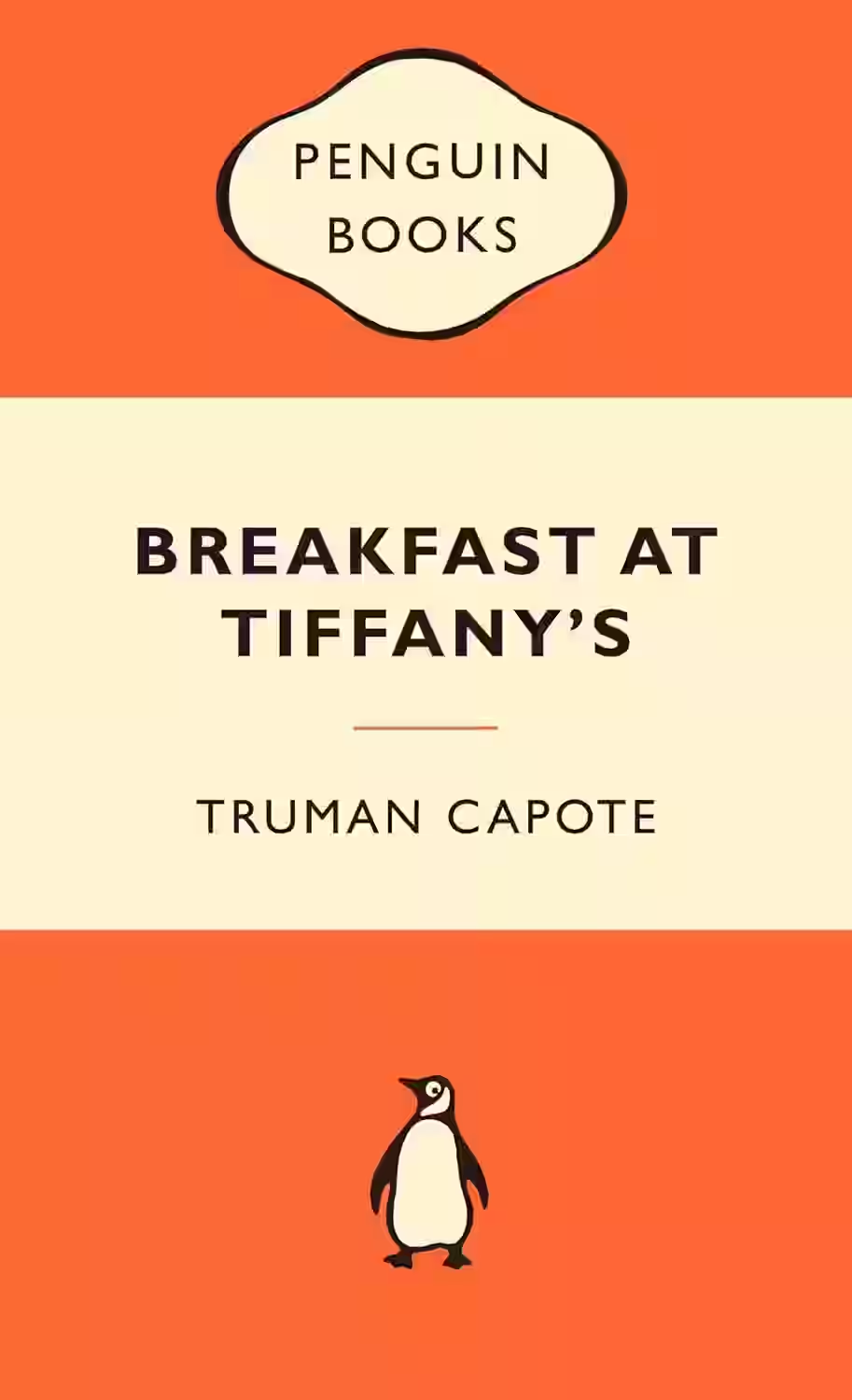
Holly Golightly is a glittering socialite mover and shaker- generally upwards, sometimes sideways and, every now and then, down. She's up all night drinking cocktails and breaking hearts. She's a shoplifter, a delight, a drifter, a tease. In short, she's an icon. Truman Capote's most famous work, Breakfast at Tiffany's is the ultimate ode to dreamers.
About Truman Capote
An American novelist, short story writer, screenwriter, and playwright, celebrated for his distinctive prose style and keen observational skills. He gained widespread acclaim for his psychological novel Breakfast at Tiffany's and his groundbreaking "non-fiction novel," In Cold Blood, which revolutionized the true crime genre. Capote's work often explored themes of loneliness, social alienation, and the darker aspects of human nature, making him a significant voice in 20th-century American literature with a flair for captivating storytelling.
Other Books by Truman Capote
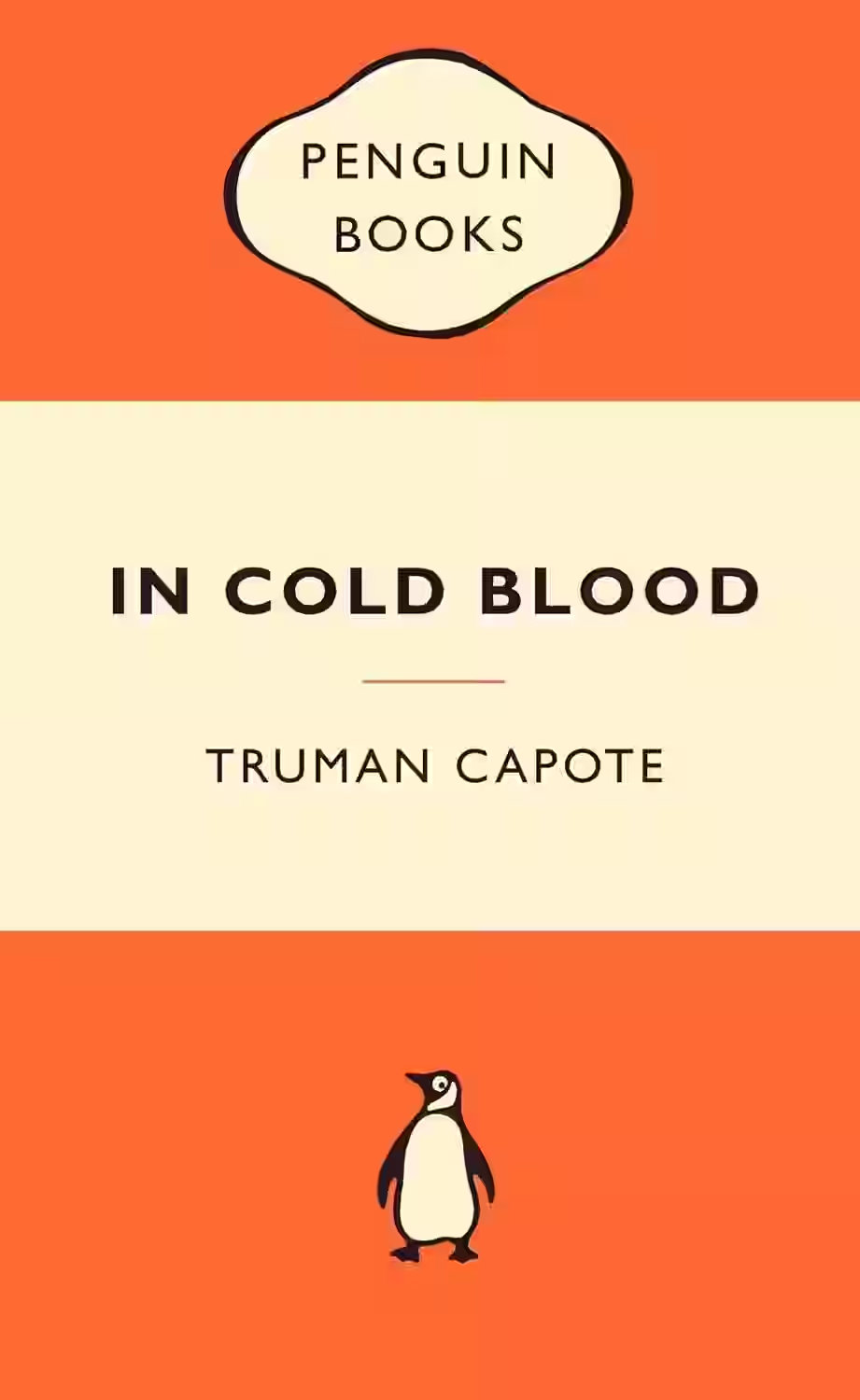
In Cold Blood
On November 15, 1959, in the small town of Holcomb, Kansas, four members of the Clutter family were savagely murdered by blasts from a shotgun held a few inches from their faces. There was no apparent motive for the crime, and there were almost no clues. In one of the first non-fiction novels ever written, Truman Capote reconstructs the murder and the investigation that led to the capture, trial, and execution of the killers, generating both mesmerizing suspense and astonishing empathy. In Cold Blood is a work that transcends its moment, yielding poignant insights into the nature of American violence.
Similar Books
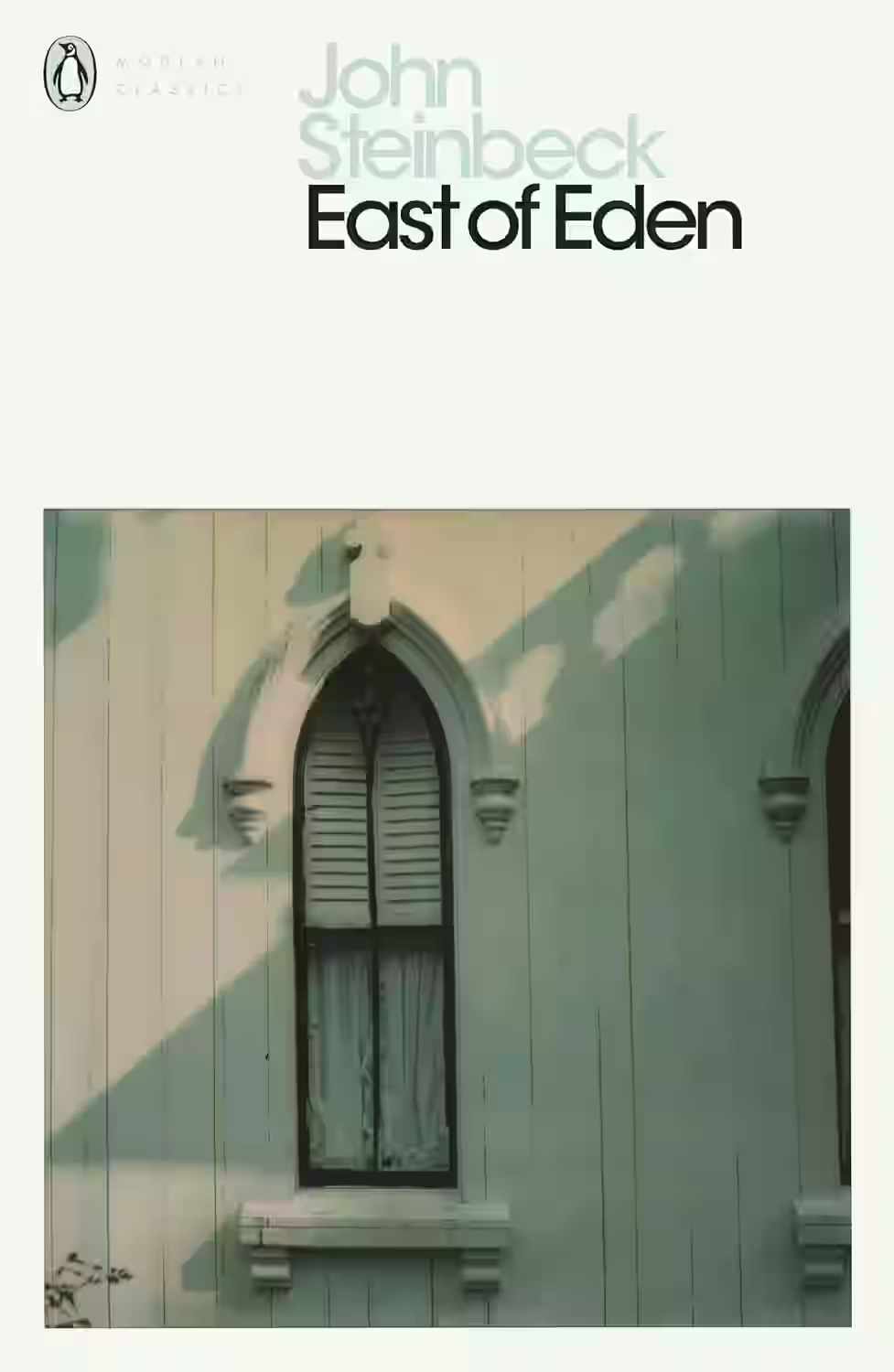
East of Eden
Set in the rich farmland of the Salinas Valley, California, this powerful, often brutal novel, follows the interwined destinies of two families - the Trasks and the Hamiltons - whose generations hopelessly re-enact the fall of Adam and Eve and the poisonous rivalry of Cain and Abel. Here Steinbeck created some of his most memorable characters and explored his most enduring themes- the mystery of indentity; the inexplicability of love, and the murderous consequences of love's absence.
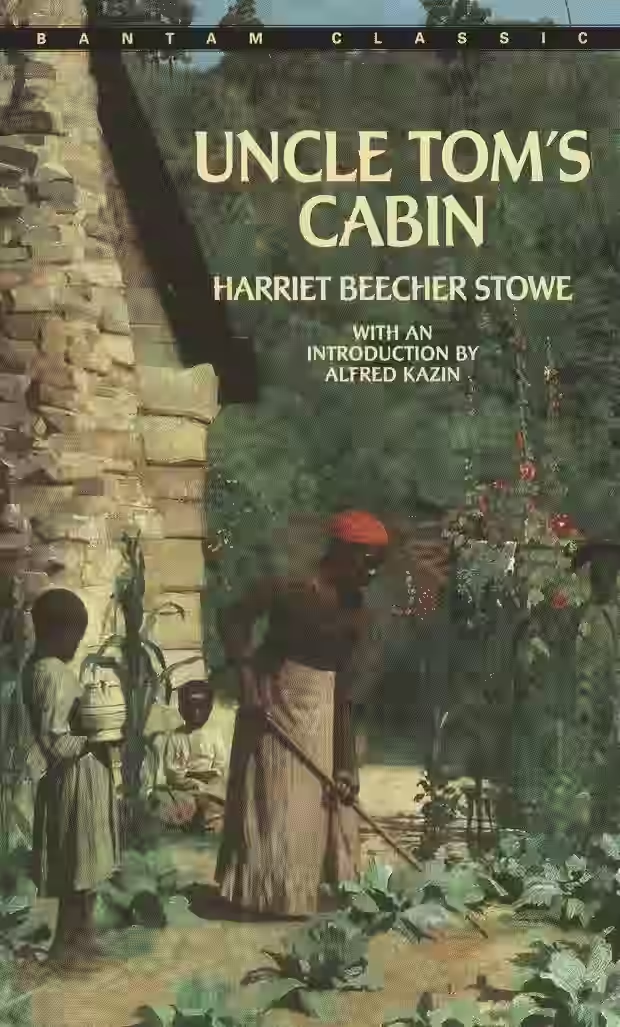
Uncle Tom’s Cabin
A landmark anti-slavery novel, Uncle Tom’s Cabin tells the story of enslaved man Tom and the brutal realities of slavery in 19th-century America. With vivid characters and emotional power, it galvanized abolitionist movements and shaped public opinion like no other book of its time. Though controversial for its portrayals today, it remains a pivotal work in American literature and history, sparking empathy and national debate.
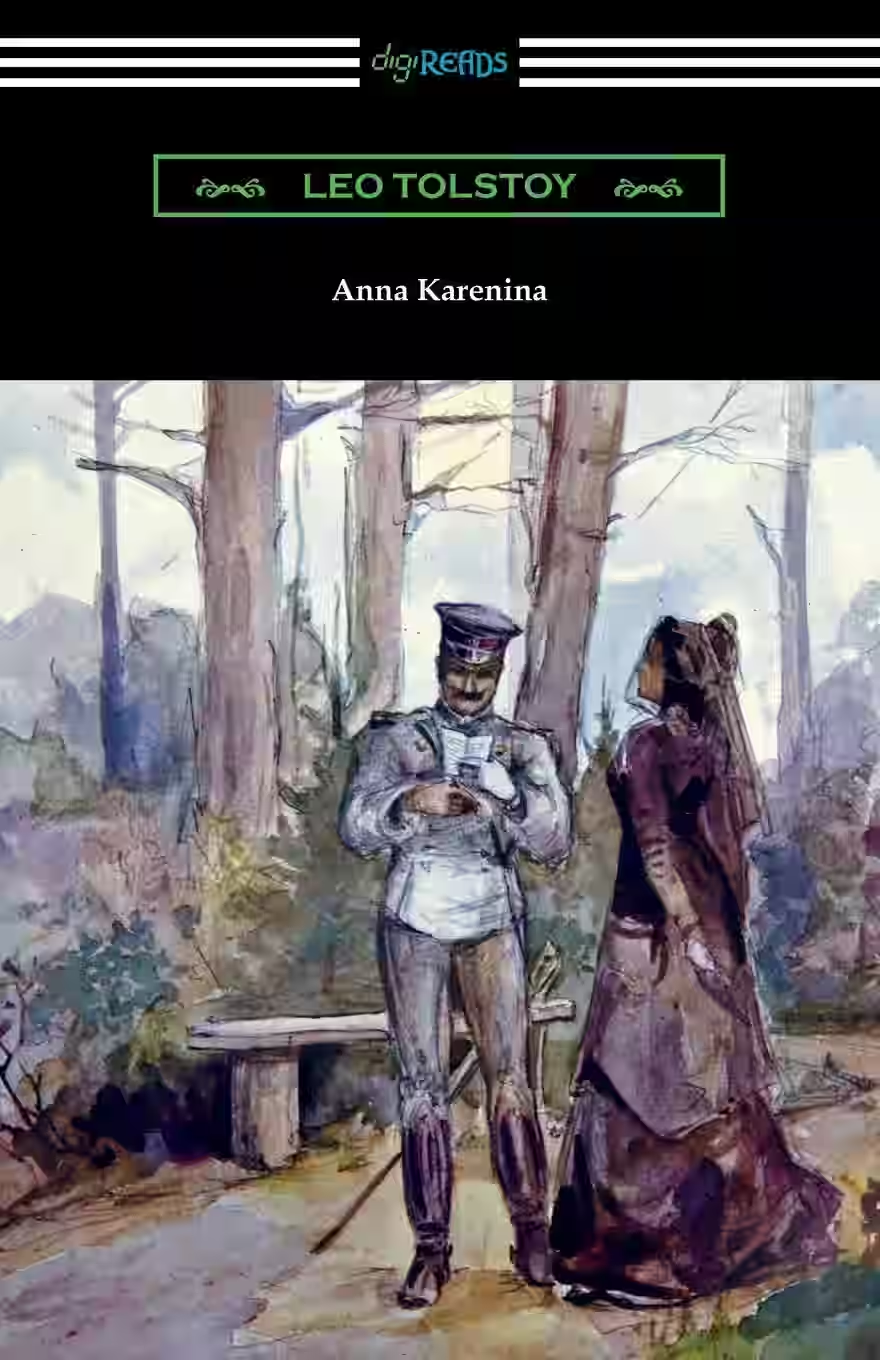
Anna Karenina
by Leo Tolstoy
Acclaimed by many as the world's greatest novel, Anna Karenina provides a vast panorama of contemporary life in Russia and of humanity in general. In it Tolstoy uses his intense imaginative insight to create some of the most memorable characters in all of literature. Anna is a sophisticated woman who abandons her empty existence as the wife of Karenin and turns to Count Vronsky to fulfil her passionate nature - with tragic consequences. Levin is a reflection of Tolstoy himself, often expressing the author's own views and convictions.
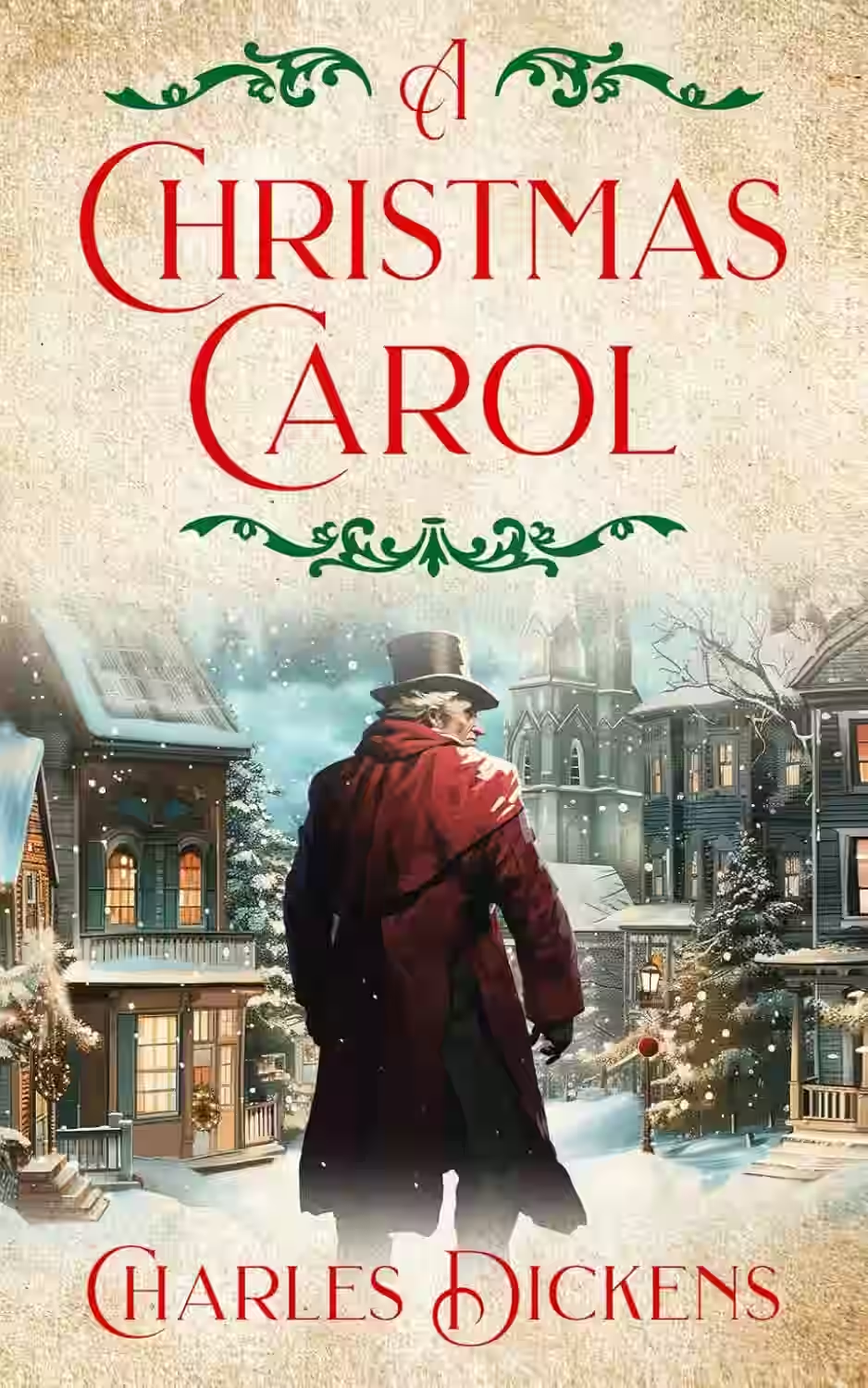
A Christmas Carol
In Charles Dickens' "A Christmas Carol," bitter old miser Ebenezer Scrooge is visited by three ghosts on Christmas Eve who show him visions of his past, present, and future. These supernatural encounters force Scrooge to confront his selfish ways and witness how his actions affect others.